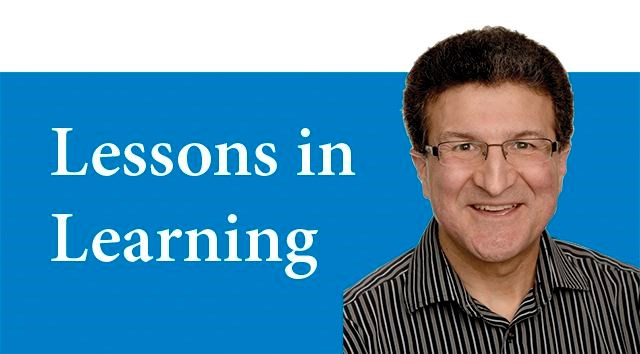Pope John Paul II said "another name for peace is development."
How does this statement hold up when tested against the current global state of affairs? For nearly 20 years, our world has been in an almost constant state of emergency and it seems to be getting worse.
American scholar Noam Chomsky points out that before 9-11, Al-Qaeda was a fairly insignificant, marginal group operating primarily in remote and isolated regions of Afghanistan and Pakistan.
After the violent response to their attacks in the United States, they have morphed into even more extremist organizations and mushroomed all over the world. Each time one of these groups commits a crime, the west responds with a greater act of violence and radical Islam is strengthened.
It is also important to listen to the rhetoric of marginalized states in the world.
North Korean leaders, for example, regularly point at American bombings of other sovereign states to justify the need to build up their own military and have weapons of mass destruction. The perceived need to protect themselves from a "foreign despot" is a powerful rallying cry and it has cast this region of Asia into frightening state of insecurity.
Though violence and retaliation satisfy a very human impulse for vengeance, it is not the only solution.
It is important to recognize the sacrifices of those who have served and died in military service and there are indeed times when armed intervention is necessary. Usually it is because nations have failed to do what was necessary to establish peace.
The Rwandan Genocide, for example, happened partially because of the failure of colonialism, but primarily because of the failure of powerful states to take the necessary steps to intervene when - and even before - mass killing became imminent.
At other times, we do respond effectively. The Second World War happened largely because of the failure of the Treaty of Versailles, but the world did eventually take action. Few would argue that this intervention had become necessary.
The Second World War also demonstrates what happens when we respond effectively to "our enemies" at the end of a conflict. Lasting peace was established because the victorious Allies invested in the rebuilding and development of both Germany and Japan.
It is important to keep in mind as well that the animosity toward these nationalities was very similar to what many in the west feel toward Muslims today. When we can see beyond our own prejudices and build toward the common good, we are able to create powerful and long lasting cooperatives.
Though the current political climate may inhibit efforts to bring effective aid to certain nations, there is still a great deal that can be done.
Instead of sending weapons, we can build schools and hospitals. We can also encourage our young people to work overseas and assist them in doing so. Nothing builds empathy like sharing a meal, or even a smile, with a person in another country.
Though we may think that we are merely giving to those in need, our own nationals invariably return home much richer in heart and spirit than one could have ever imagined.
Peace is something that we are all empowered to create by whatever means are available, even if we never leave our living rooms. As American author Edward Everett Hale said, "I am only one, but I am one. I cannot do everything, but I can do something."
We will always need armed forces in place to ensure our safety. If we want lasting peace and true security however, we need see beyond our own fears and prejudices and invest in global development, which promotes a just progression for all humanity.
Enjoy more of Gerry's columns by going to www.gerrychidiac.com.



